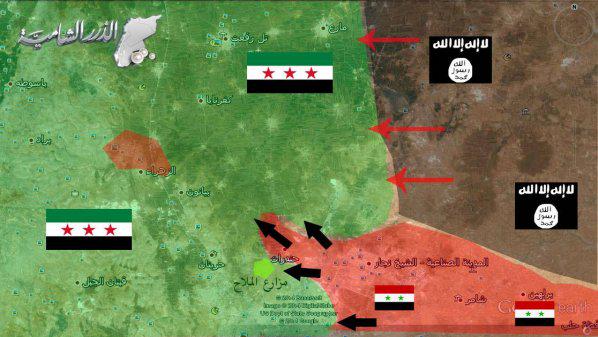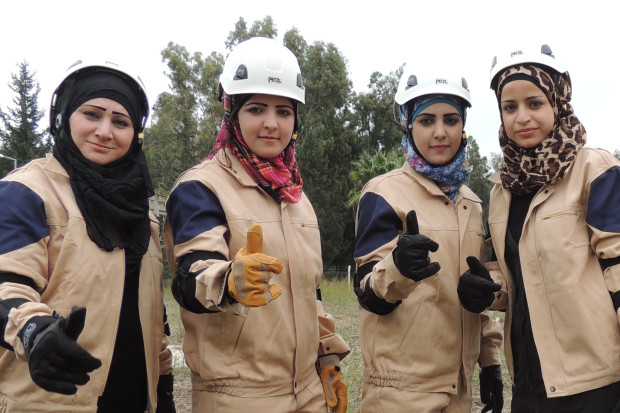
Moazzem Begg:
'It's really important we note this, when the West-led airstrikes were carried out against ISIS, they didn't just strike ISIS. They struck at Jabhat al-Nusra, the al-Nusra Front, they struck Ahrar al-Sham, which is part of the Islamic Front, the largest Islamic front which is fighting Assad as well as ISIS, and they struck all of these groups.
The only conclusion you can reach is one of two: either they are extremely uninformed, which I doubt; or it was done on purpose, and if that's the case, it was to drive those who were fighting ISIS into ISIS' lap. Now, that sort of ridiculous and unthoughtful campaign has turned the entire Syrian population, the population of the Syrian opposition, against any American intervention. In fact they say, we've been killed in the numbers of 200,000, we've been killed by chemical weapons, we went to war with Iraq because there might have been chemical weapons, yet when they were used, nothing was done, the red lines that President Obama said if they were crossed, the West would do something about it; nothing was done, and in fact now, Britain, America, are on the same side as the Iraqi government, the Iranian government, as Hezbollah, and the PKK, the last two banned terrorist organisations.'












